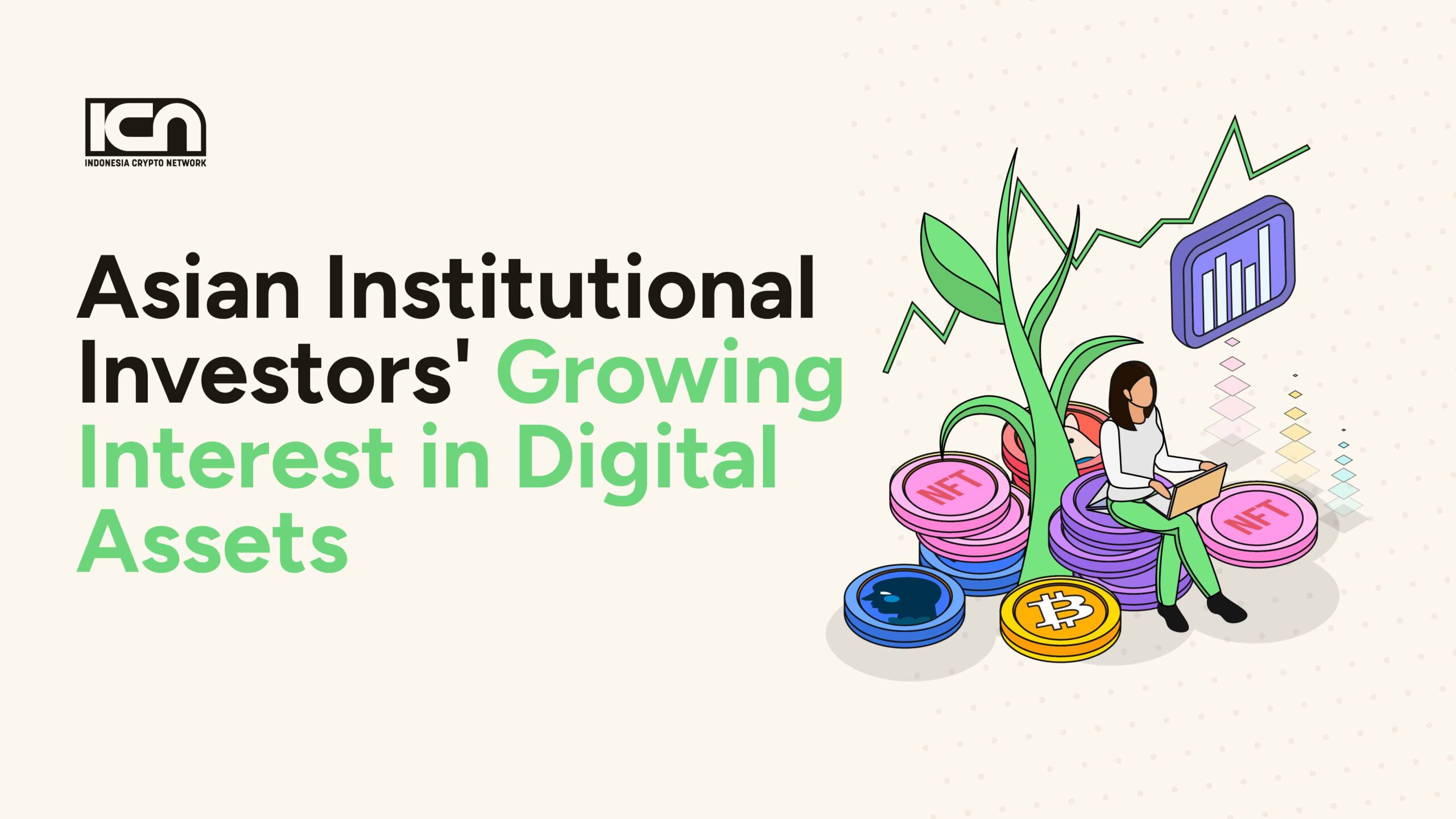The financial landscape in Asia is experiencing a significant expansion with a growing number of financial institutions embracing digital assets investments. It seems that the benefits of digital assets, including diversification of investment portfolios, increased operational efficiency, and lower costs attracts both traditional investors who are seeking new profitable opportunities and younger population who are already comfortable with digitized financial innovation.
Asian Institutional Investor Sentiment on Digital Assets
A recent survey by SBI Digital Asset Holdings revealed that nearly 60% of institutional investors in Asia have had exposure to digital assets within the past year, highlighting the increasing awareness of digital assets. Not to mention the 36.5% of the respondents currently investing on digital assets and planning to maintain it for the next 12 months, and the other 25% is planning to increase their investment volume over the next 12 months. This finding strongly shows the high acceptance of adopting this new financial innovation. Furthermore, more than a half percentage reported a rise in client demand for tokenized securities. These digital assets represent traditional assets that the clients wanted to see on a blockchain most, namely stocks, bonds, and even real estate.
Although the demand and the compelling type of investments is rising, some investors are held back by the adoption barriers they face, hindering them from fully shifting to digital assets investments. The report also identifies that the most frequent barrier is the lack of institutional-grade market infrastructure (23.5%), followed by the lack of wider market adoption (15.7%) and lack of regulatory clarity (13.7%). Security is also considered a major concern by the investors, shown by the 60% of them who perceive the lack of a secure end-to-end ecosystem for digital asset transactions, and 20% of them are concerned with security threats that may occur.
In order to maximize the widespread adoption of digital assets in Asian institutions, it needs institutional-grade infrastructure that enables institutions to securely and efficiently do activities related to digital assets, such as tokenization, investing, distribution, listing, and trading. It is also important to consider the massive volume of transactions done at an institution’s scale, thus it requires enhanced security features, regulatory compliance, scalability, and the capability to manage it.
Meanwhile in Indonesia, the government recently launched the Komite Aset Kripto (Crypto Asset Committee), which demonstrates a clear and organized commitment to supporting the Indonesian crypto industry. This aligns perfectly with the recent surge in Indonesia’s cryptocurrency transactions, which reached an exceptional 211 trillion Rupiah between January and April 2024. Optimizing this committee requires a collaborative approach among stakeholders, including crypto exchanges, industry associations, and regulatory parties, to provide advice or recommendations to Bappebti regarding the activities and development of Crypto Asset trading.Furthermore, established Indonesian institutions from various industries, including BRI Ventures, Alpha JWC Ventures, AC Ventures, Mandiri Capital Indonesia, and BNI Ventures, have been actively supporting and collaborating with the crypto industry to accelerate blockchain development in Indonesia.
Based on these findings, it is a great opportunity for digital assets management to anticipate and provide a more diverse digital assets, a clear regulatory framework, a more advanced interconnectedness between wallets, exchanges, platforms and digital assets, advanced technology to manage the institutional sector, and also heightened security methods. By taking these steps, you can seize the institutional Asian market opportunity, especially in Indonesia, as and contribute to the future of digital assets. Partner with Indonesia Crypto Network to unlock this vast potential and navigate the exciting landscape in Indonesia.




